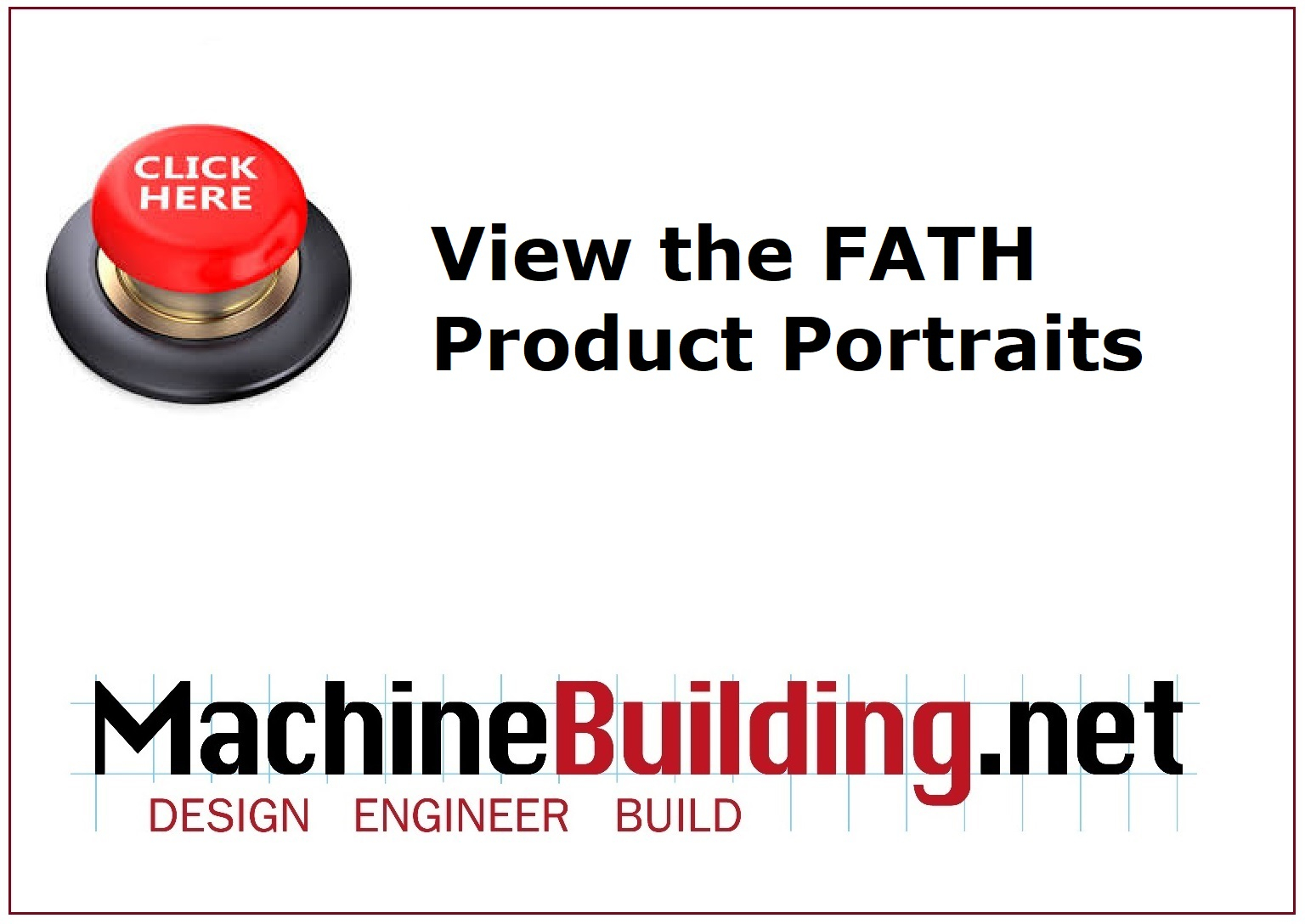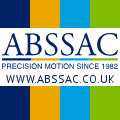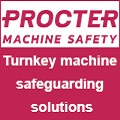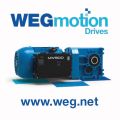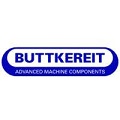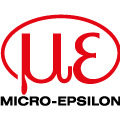
Posted to News on 24th Oct 2008, 21:37
A guide to specifying sintered self-lubricating bearings
Sintered self-lubricating bearings all look very similar, but how do you know what you are really getting? And how do you make sure you specify them correctly? The experts at Oilite offer the following advice.
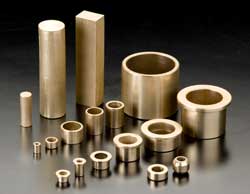
A tender process for simple components - such as sintered bearings, for example - could produce a long list of hopeful suppliers, all capable of supplying the 'ideal' bearing against a specification of bearing size, loads, speed, temperature, weight, space, etc. But which bearing is going to be the best choice for the application?
Enlightened purchasers, ranging from OEM engineers and buyers from the automotive to the aircraft industries, are looking at suppliers' manufacturing processes as a means to distinguish between like-for-like products and really understand what they are about to purchase - and the consequences for their own equipment's performance.
Here is a guide to the questions you should ask when reviewing your sintered bearing selection. After all, from the outside all bearings look the same!
1. Certificate of material conformity
Ask your supplier for, and insist on receiving, a material certificate of conformity. This will ensure your bearings' chemical composition, mechanical and physical properties conform to the standard required.
The product you are about to buy should also be RoSH-compliant. This standard will ensure you are buying a component made from known materials; a bronze sintered bearing, for example, is typically 90 per cent copper and 10 per cent tin.
Cheaper bearings and discounted bearings can contain other materials such as lead and iron, with these materials being used to reduce manufacturing cost. While the introduction of lead into the bearing, and hence your equipment, is not desirable for heath and safety reasons nor the environment, there are applications where an iron, or iron/copper material mix, is suitable for meeting your specification.
Detailed analysis of your application by experienced bearing manufacturers will enable them to select materials that will create the optimum bearing design for you, offering best service life and value for money. For example a bearing with high iron content could be selected for and represent best value for an application with a high static load, or slow oscillatory motion only.
When comparing quotations, therefore, it is vital that you insist on a material certification, which ensures that you are comparing like-for-like.
If you are unsure about the material composition of your bearing, the leading UK and European sintered bearing manufactures, for a nominal fee, all have testing and laboratory facilities and can provide you with a detailed material and chemical analysis for your own bearings.
Oilite Bearings, for example, can alalyse an existing sintered bearing and prepare a test report that provides the knowledge you require so you have 100 per cent confidence in your own equipment's performance.
2. Compaction
The initial process of forming the bearing shape and size is compaction. Material in powder form is gravity fed into a die so it can be compacted into the required bearing size. The correct specification and quantity of powder must be fed into the die, but timing and speed are also critical. The powder has a natural flow rate, and the process must ensure the die has been filled correctly for the bearing to contain the correct powder density and inherent structural strength.
For manufacturers, time is money. It is not unheard of for this phase of the operation to be speeded up, which may result in:
- Voids
- Uneven density distribution through the bearing
- Poor dimensional control - in particular concentricity
These will reduce the strength of the bearing, load capacity, service life and even fitting.
Ask for every bearing batch to be supported with a compaction test report.
Oilite Bearings will be pleased to supply a report on your current sintered bearings, giving you 100 per cent confidence in your equipment's performance.
3. Sintering
The sintering process fuses the copper and tin granules, as well as forming the molecular structure, ultimately determining the strength of the bearing. This process consists of passing the bearings through a furnace on a conveyor belt; the structure of the finished bearing is a direct result of the correct temperature and time exposed within the furnace.
If the heat is too low or the bearing passes through the furnace too quickly then the sintering process will not be complete. In other words, the powdered material will not have bonded fully, so bearing strength will be reduced.
For further batch quality traceability, the following tests and their results should be written into the agreement with the bearing supplier:
- Radial crush test
- Density performance test
4. Calibration (finishing)
To ensure dimensional accuracy, calibration - or sizing - is required after the compaction and sintering processes. A high-precision tooling system is used to calibrate (or size) the bore and outside of the bearing, ensuring its size complies with the bearing standards being used, for example:
- ISO metric plain and flanged (G7s7 tolerances)
- French metric plain F7/8 and flanged F8/s8
- DIN 1850 metric plain and flanged (G7r6 tolerances)
- Scandinavian metric plain and flanged (G7r7 tolerances)
Continual bearing inspection including statistical process control (SPC) is required during the manufacturing process to ensure dimensional accuracy is maintained within each batch and from one batch to the next.
In practice, this means a sample of bearings is physically checked every 15 to 30 minutes, depending on the specification, material and size of the bearings being finished.
Additionally at Oilite the tool monitoring system measures tool wear. And with an in-house tool shop, replacement and refurbished tools are available for use immediately.
You should ask your supplier for information relating to the dimensional inspection report for your batch of bearings.
5. Lubrication and storage
Manufacturers provide a wide range of lubricants to suit most applications, including oils suitable for aircraft, nuclear and food applications, as well as specific temperature requirements. Standard parts are impregnated with high-grade lubricating oil. Call the technical support team at Oilite Bearings to ensure the correct grade of lubrication has been selected for your application.
What is less often discussed is the correct impregnation of the bearing and storage of the bearing to ensure it maintains sufficient oil retention to perform satisfactorily for the bearing's predicted life. The correct procedure is to place the bearings in a heated vacuum tank, the vacuum being used to draw oil into the bearing. The oil impregnation process aims to 90 per cent fill the 20 per cent volumetric capacity of the typical sintered bearing.
The chief consideration when storing sintered bearings is to ensure the lubricant is allowed to remain within the bearing. The ideal storage is to seal your bearings within plastic bags. Cardboard boxes should be avoided, because the cardboard literally acts as a sponge. We have all picked up oil impregnated boxes - that is the bearings' oil, so insist on sealed plastic bags.
Conclusion
Scrupulous engineers and buyers are adding new questions and criteria to their selection process, helping them to knowledgeably differentiate between like-for-like components. By insisting on receiving the same information you can ensure your sintered bearings will represent best value for money and prove reliable and successful for your equipment's own performance.
For more information about differentiating between what initially appears to be like-for-like sintered self-lubricating bearings, contact the engineering team at Oilite.
* Oilite is a registered trade mark in the UK. Genuine Oilite bearings are available only from Bowman International Ltd and its authorised distributors.
Bowman International Ltd (incorporating Oilite Bearings)
10 Isis Court, Wyndyke Furlong
Abingdon Business Park
OX14 1DZ
UNITED KINGDOM
+44 (0)1235 462500


